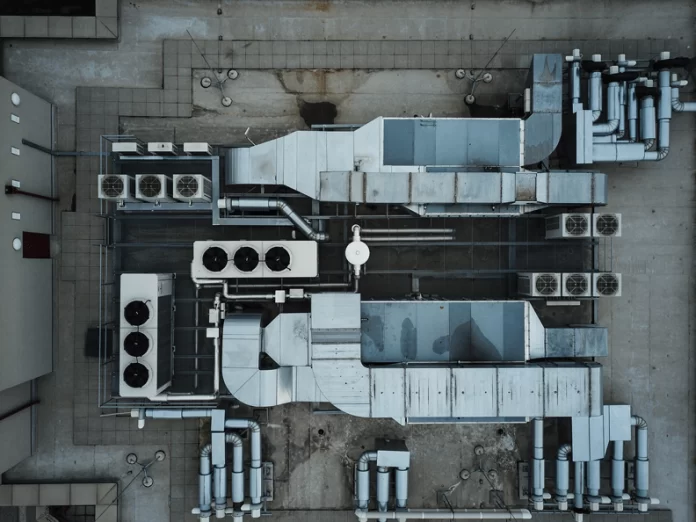The paradigm of cooling systems has witnessed a transformative shift with the advent of Cooling-as-a-Service (CaaS). This innovative approach towards cooling technology operates on a subscription-based model, promising energy-efficient and sustainable solutions. At its core, CaaS revolves around providing cooling services rather than selling a cooling system, thereby aligning with the global pursuit of achieving net-zero emissions. Let’s delve deeper into the components and mechanisms that make CaaS-centric cooling systems a potential game-changer in paving the way toward a sustainable future.
Table of Contents
The Essence of Net-zero and Its Relevance in Today’s World
Net zero represents a fundamental shift in the way we approach energy consumption and environmental impact. It refers to achieving a balance between the amount of greenhouse gases produced and the amount removed from the atmosphere. In the face of escalating climate change concerns, the concept of net zero has gained paramount importance across various industries, urging a proactive transition to sustainable practices. Embracing net zero is not merely an aspiration but a necessity to mitigate the adverse effects of global warming and preserve the planet’s ecological balance.
Unveiling the Significance of Cooling Systems in Carbon Neutrality
Cooling systems, ubiquitous in commercial and residential spaces, play a pivotal role in energy consumption and emissions. Traditional cooling methods often rely on refrigerants with high global warming potential, contributing significantly to greenhouse gas emissions. The emergence of CaaS-centric cooling systems offers a ray of hope by optimizing energy efficiency, reducing reliance on harmful refrigerants, and embracing innovative technologies that mitigate environmental impact. By enhancing the cooling infrastructure’s efficiency and sustainability, these systems become integral in achieving carbon neutrality targets.
Exploring the Framework of Cooling-as-a-Service (CaaS)
CaaS operates on a service-based approach, where companies provide cooling solutions tailored to the specific needs of clients without selling the equipment outright. This model shifts the burden of ownership, maintenance, and upgrades from the consumer to the service provider, aligning incentives toward energy efficiency and sustainability. The subscription-based nature of CaaS fosters continuous innovation and incentivizes providers to optimize cooling systems, driving advancements in technology while reducing the carbon footprint associated with cooling infrastructure.
Leveraging Technology for Sustainable Cooling Solutions
The integration of cutting-edge technology forms the cornerstone of a CaaS-centric centralised cooling system. Innovations such as advanced sensors, data analytics, artificial intelligence (AI), and machine learning algorithms enable real-time monitoring, predictive maintenance, and optimized performance. These technological interventions empower the systems to adapt dynamically to environmental conditions, ensuring efficient operation while minimizing energy wastage. Moreover, the use of environmentally friendly refrigerants and energy-efficient components further enhances the sustainability quotient of CaaS-centric cooling solutions.
The Economic and Environmental Implications of the CaaS-centric Approach
The adoption of CaaS-centric cooling systems bears multifaceted benefits, both economically and environmentally. From an economic standpoint, businesses can benefit from reduced upfront costs, predictable expenses, and access to state-of-the-art cooling technology without substantial capital investment. Simultaneously, the environmental impact is significantly reduced through lower energy consumption, decreased greenhouse gas emissions, and the transition towards eco-friendly refrigerants, contributing to the global pursuit of a net-zero future.
Paving the Path Towards a Sustainable Tomorrow
The evolution towards a net-zero future necessitates transformative approaches in various sectors, including cooling systems. The rise of Cooling-as-a-Service (CaaS) presents a promising avenue to achieve energy-efficient, sustainable, and environmentally responsible cooling solutions. By leveraging innovative technologies, shifting ownership models, and prioritizing sustainability, CaaS-centric cooling systems emerge as catalysts in steering industries and communities toward a greener and more sustainable future. Embracing such initiatives not only fosters environmental stewardship but also underscores the imperative for collaborative efforts in realizing a net-zero society.
















